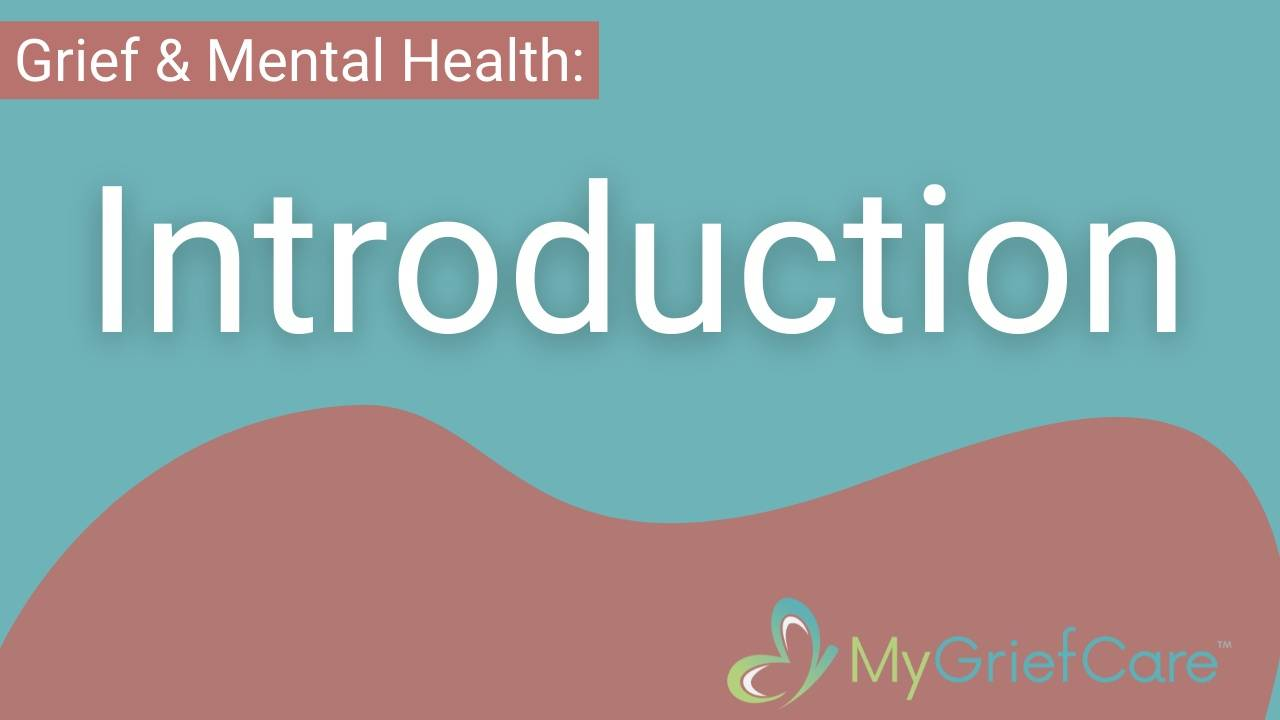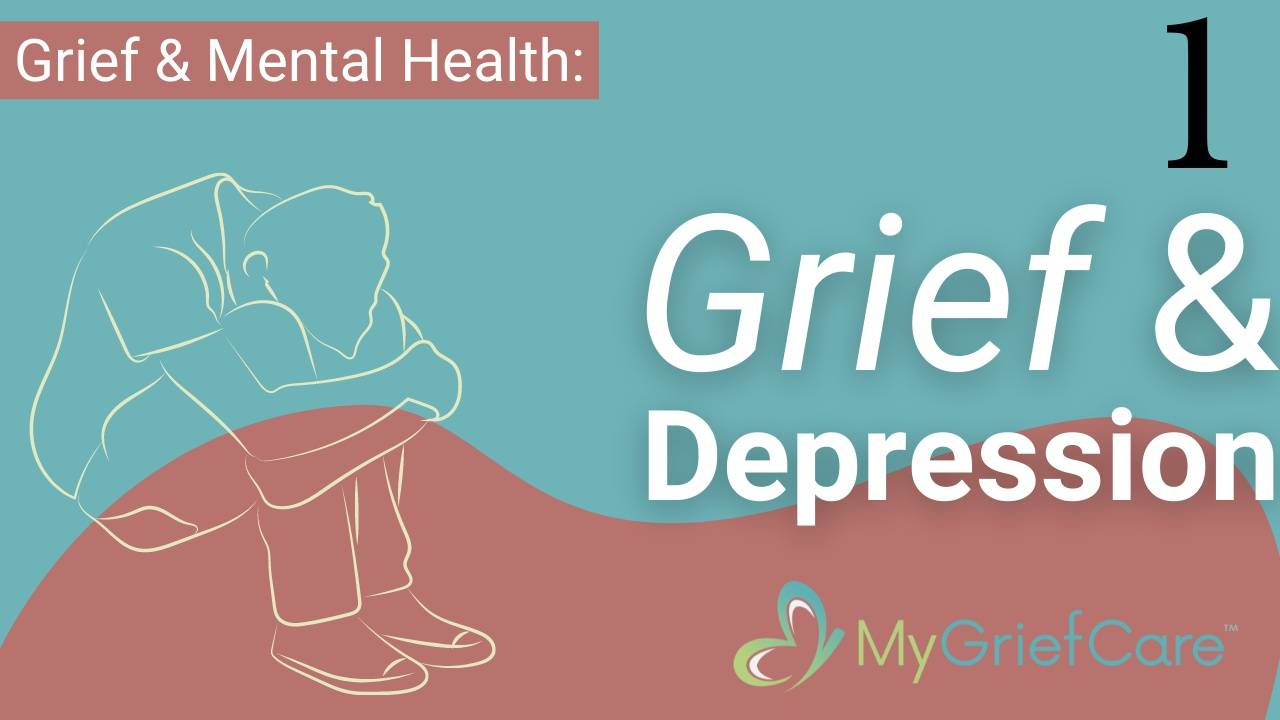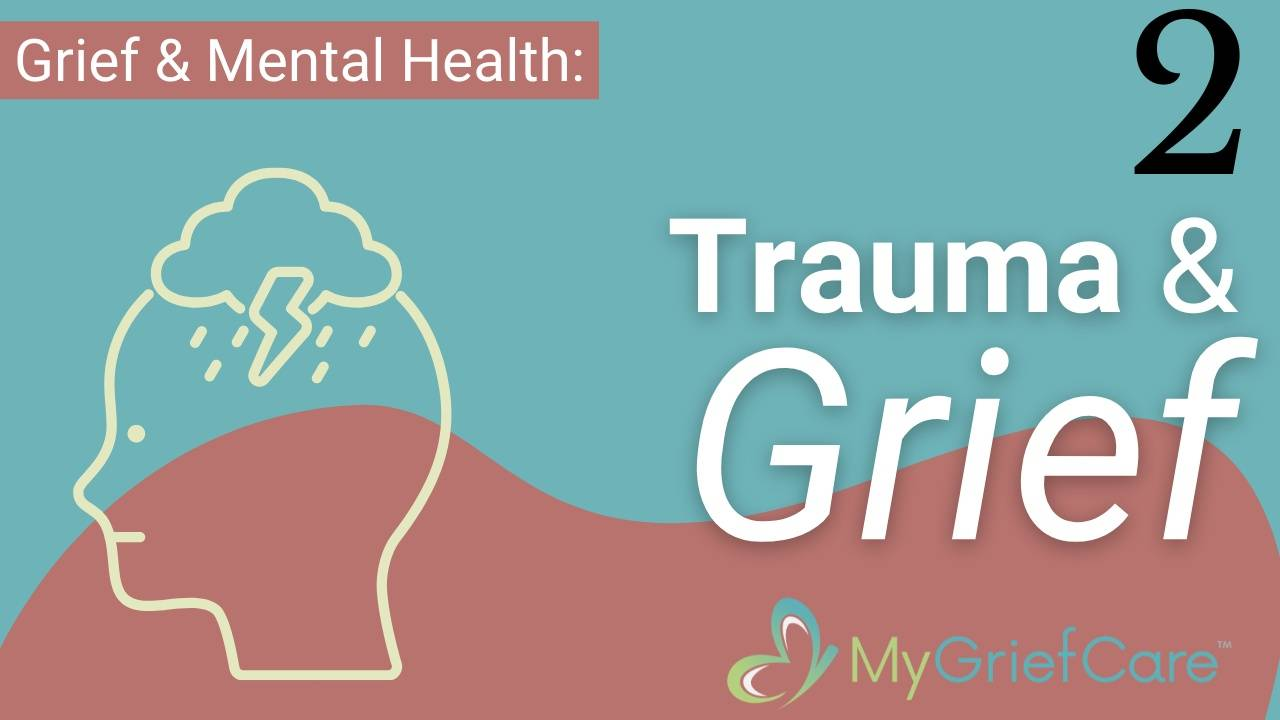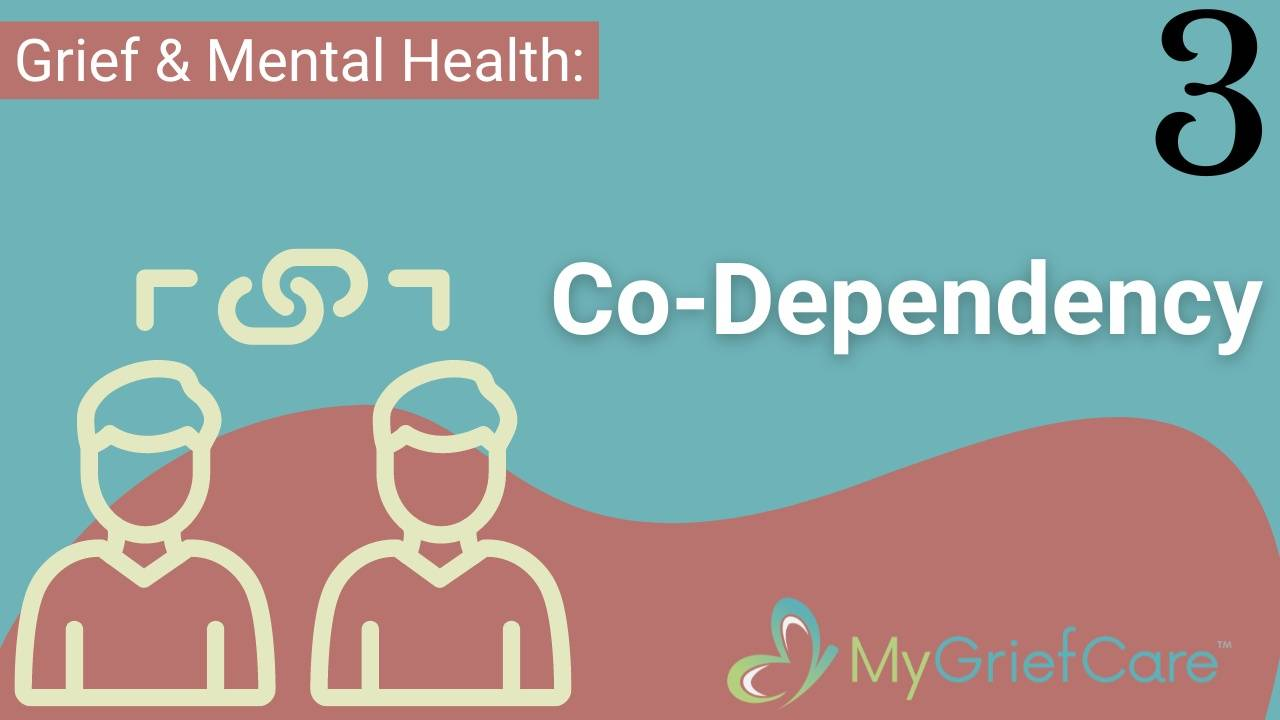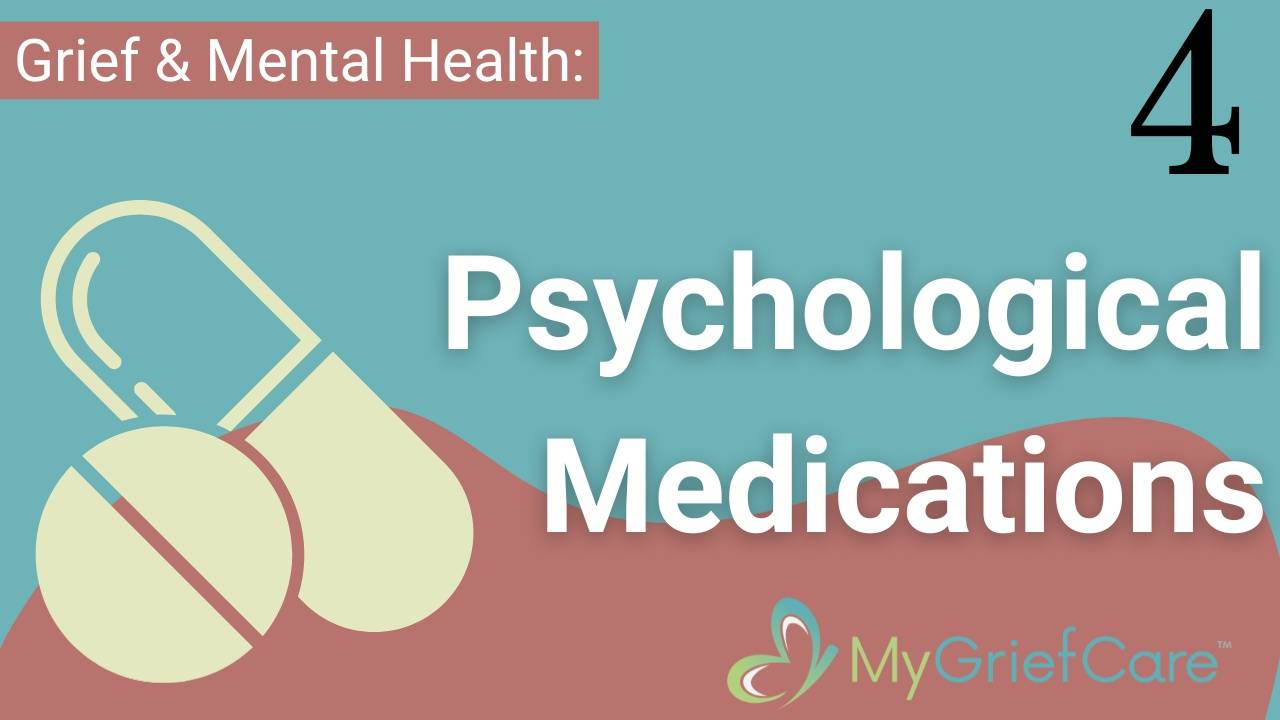- Introduction
- Understanding Grief
- People Grieve Differently
- The Brain Fog of Grief
- The Vocabulary of Grief
- Grievers Don’t Need to be Fixed
- Misconceptions About Grief
- There Are No Orderly and Predictable Stages In Grief
- When Caring People Say Dumb Things When You’re Grieving
- What to Say to Others When You’re Grieving
- The Impact of Who you Lost and How you Lost Them
- Heavy Grief Days
- The Grief Letter
- Ways to Remember Them
- Permissions for Grievers
- Creating Bright Spots in the Midst of Grief
- Why Are Many Grievers Not Comfortable Crying In Front of Others?
- Why Grievers Don’t Need to Be Strong
- Do I Just Need Time to Heal From Grief?
- Why Do Grieving People Get the Message They Shouldn’t Be Sad?
- Is Staying Busy Good for Grief?
- The Isolation of Grief
- Can You Fill the Void Left by the Death of Loved One?
- How Long Does the Pain of Grief Last?
- How Do You Get Over Grief?
- I Don’t Want to Forget My Loved One Who Died
- Relationships Change After Loss
- Why Don’t Friends and Family Understand Your Grief?
- How to Tell Others What You Need in Your Grief
- Grief Can Cause You to Re-evaluate Relationships
- I Lost My Spouse and My Friends
- All the Phases in the Grief Journey
- I’m Grieving and Just Barely Surviving
- Why Do I Feel Like I Am Just Existing in My Grief?
- When Will I Be Ready for Grief Counseling?
- Can You Heal Your Grief?
- Living Again After Losing a Loved One
- How Grief Affects Mental Health
- Grief & Depression
- How Trauma Affects Your Grief
- Co-Dependency and Grief
- Should I take medication for my grief?
- The Uniqueness of Grieving A Suicide
- Suicide Shock: I Can’t Believe They Did It
- Feeling Blame and Shame After a Suicide
- The Abandonment of Suicide
- The Stigma of Suicide
- Interview with widow who lost two husbands by suicide
- Losing Your Husband to Suicide
- What To Do With Your Loved One’s Belongings After They Die
- No Cost Financial Coaching & Planning for Widows: Chris Bentley
- Hope When Shattered By Grief
- Answers to Your Questions About Grief
- Introduction
- Is Being Angry at God a Sin After My Loved One Died?
- Where Did My Peace, Joy and Gratitude Go after I lost my loved one?
- Can Grief and Hope Co-Exist?
- Why Does God Heal Some People But Not Others?
- Is Suicide an Unforgivable Sin?
- Why Do I Dislike Platitudes and Bible Verses?
- Why Did God Let My Loved One Die?
Grief & Mental Health
5 Episodes
All Series
-
Foundations Of Grief
14 Episodes -
Misconceptions About Grief
12 Episodes -
Relationships After Loss
5 Episodes -
The Grief Journey
6 Episodes -
Grief & Mental Health
5 Episodes -
Grieving A Suicide
6 Episodes -
Conversations On Grief
4 Episodes -
Grief Talks
1 Episodes -
Questions Grieving Christians Ask
8 Episodes
Grief & Mental Health
5 Episodes
Episode 2 : Grief & Depression
Downloads
Episode NotesGrief & Depression
This episode will help you understand the difference between grieving the loss of a loved one and having a depressive disorder.
The most common depressive disorder the average person talks about is what mental health professionals call Major Depressive Disorder. And, the rest of society commonly refers to this disorder as “clinical depression.” So, that is the term I will use for simplicity’s sake.
From time to time in our everyday lives, most of us will experience periods when we are feeling sad, perhaps sluggish, and or just plain down. Those feelings may last for a few hours or days, and we may or may not be able to pinpoint the reason we are feeling that way. But, we are usually able to continue to cope with life in general. Can you relate to feeling down or depressed for a limited period? Most of us can.
Clinical depression refers to a person being impaired by depressive symptoms for at least weeks, if not months. A clinically depressed person finds it very hard just to get by. They struggle with multiple telltale symptoms that allow a health professional to diagnose them with a depressive disorder.
I will share those symptoms with you in a moment. First, I want to make this point. The telltale symptoms of “clinical depression” are so similar to typical symptoms experienced by a grieving person that mental health professionals could be fooled if they didn’t know that their patient was grieving the loss of a loved one.
Typical symptoms that may be experienced by both grieving people and clinically depressed people include the following:
- A depressed mood most of the time on most days
- Loss of interest in activities which previously you enjoyed
- Disordered eating (too much/too little)
- Disordered sleep (too much/too little)
- Unusual fatigue
- Hopelessness, worthlessness, or guilt
- Lack of concentration
- Suicidal thoughts
Do some of these symptoms sound familiar? If you are struggling with several (or even all) of these symptoms as you mourn the loss of your loved one, that would be normal and natural.
But, “Hold on there, Ron,” you might be thinking right now, “That description sounds a lot like me. Are you sure I don’t have clinical depression?” And, my answer (without being able to interview and assess you carefully) is – you probably should not be diagnosed with a depressive disorder – at least at this time.
Why? Because these symptoms, when attributable to a loss, mean that you are grieving. And grief is not pathological. Grief is a natural and normal response to the loss of a close loved one. Grief is a justifiable reason for these symptoms. Therefore, a formal diagnosis of a mental disorder shouldn’t apply even though the symptoms are very similar.
And, I suppose, that’s my primary message to you. You don’t likely have a depressive disorder. Instead, you are reacting like a normal human being, otherwise in good mental health, with significant symptoms which may last a while and can be impairing for sure, but they are temporary and attributable to the grief that naturally follows the loss of a loved one.
A few more points need to be said, however.
First, if you were diagnosed with Major Depressive Disorder before the loss you are grieving, your condition should be reviewed by your physician or mental health care provider. Getting a professional opinion is never a bad idea. So, why not do it?
Your physician might suggest some medication to assist you. If you are already on medication, they might adjust the dosage for a while to help. And, if you were working with a therapist for your depression before, might it not make sense to at least check in with your therapist?
Second, if you are struggling with thoughts around suicide at this time, you should get assessed by a physician – right away. Such thoughts are not unusual around the time of loss, and talking them through with a professional is just smart. Please make an appointment today.
Studies show a concerning correlation between major depressive disorder (what we’re calling clinical depression in this episode) and suicide. And, many people grieving the death of a loved one admit to having thoughts of not wanting to live. I know that was true of me. At one point, I would have told you, if I were to go to sleep and not wake up, that would be just fine with me. Such thoughts are even more common if the manner of your loved one’s death was suicide.
Please do a thoughtful self-assessment right now:
Are you presently struggling with self-destructive thoughts? Can you say to yourself with certainty at this moment that there is no current risk of you planning and carrying out a suicidal attempt?
If you can’t confidently say that you are not at risk of harming yourself, turn your efforts now to being assessed by a competent professional (your primary care physician, mental health professional, or going to urgent care or an emergency room).
KEY POINTS:
- Depressive disorders and grieving have very similar symptoms.
- Your symptoms are most likely due to your natural response to loss.
- If you are currently distressed about your grief symptoms, or if you have been previously diagnosed with “clinical depression,” see a physician or mental health provider soon
- If you are currently contemplating suicide, stop everything and see a physician or go to a local emergency room right away.
STEPPING STONE:
Take a brief inventory of your emotional and mental well-being by reviewing the symptoms listed above. If you relate to 5 or more, consider getting a professional consult by a physician or mental health professional.
REFLECTION:
“There are wounds that never show on the body, that are deeper and more hurtful than anything that bleeds.”
-Laurell K. Hamilton

